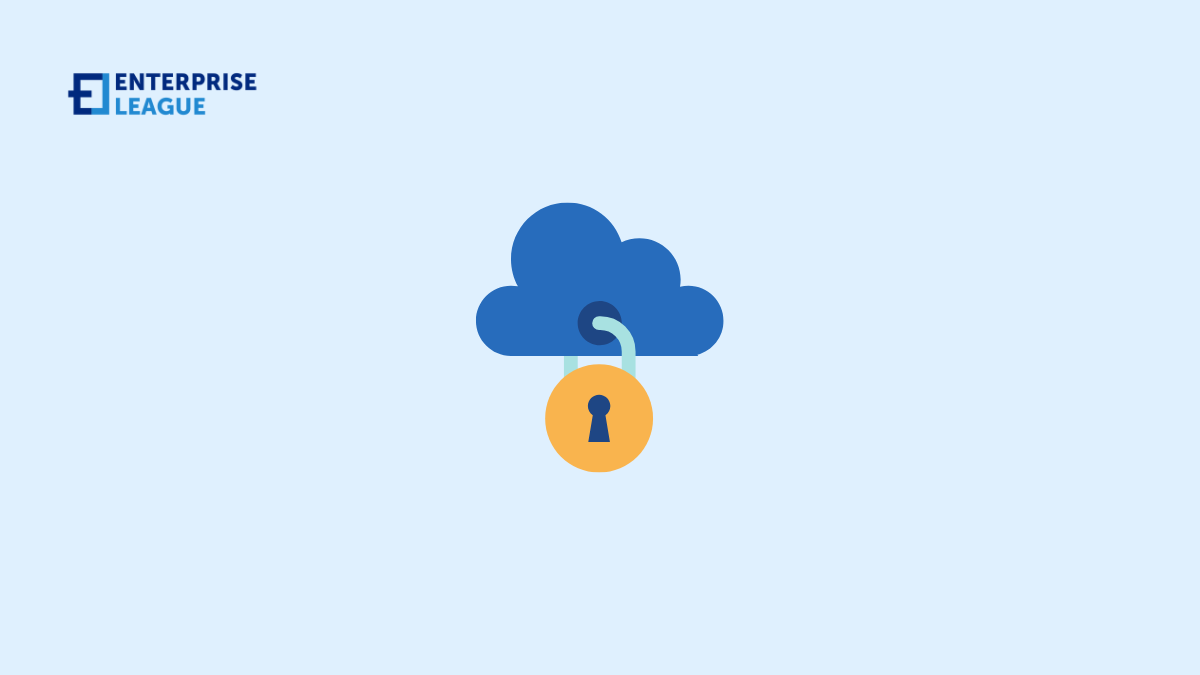The internet has made it easier than ever for businesses to reach new customers and sell products and services. However, with this ease of access also comes a certain level of risk. There are hidden dangers that business owners need to be aware of when doing business online. In this blog post, we will discuss some of the risks involved in eCommerce and how you can protect your business from them.
The risks of eCommerce
As more and more businesses move their operations online, they are exposed to a whole host of new risks. Here are some of the most common risks associated with eCommerce:
- Data breaches: One of the biggest dangers of doing business online is the threat of data breaches. Hackers can target businesses of all sizes and steal sensitive customer data, such as credit card numbers and personal information. This can lead to massive financial losses and damage the reputation of your business.
- Identity theft: Another risk associated with eCommerce is identity theft. Hackers can use stolen customer data to impersonate them and commit fraud or other crimes. This can have devastating consequences for the victim, including financial ruin. You can use an app like Pumpic to avoid this.
- Phishing scams: Phishing is a type of online fraud where hackers attempt to trick victims into revealing sensitive information, such as login credentials or credit card numbers. They do this by sending fake emails or setting up fake websites that look identical to the real thing. Phishing scams are becoming increasingly sophisticated, so it’s important to be cautious when clicking on links or opening attachments from unknown senders.
- Malware: Malware is short for “malicious software.” It’s a broad term that encompasses any type of software designed to harm a computer or steal data. There are many different types of malware, including viruses, worms, Trojans, and spyware. Some malware is designed to damage your computer, while other types are created to steal your personal information. Regardless of the type, all malware is dangerous and should be avoided.
- Ransomware: Ransomware is a type of malware that encrypts your files and holds them, hostage until you pay a ransom fee. It’s a particularly nasty type of malware because there’s no guaranteed way to get your files back, even if you do pay the ransom. The best way to protect yourself from ransomware is to have a good backup plan in place so that you can restore your files if they are encrypted.
Other dangers of doing business on the internet
The Internet has made it easier for scammers and thieves to commit fraud. They can create fake websites that look legitimate, or they can send emails that appear to be from a legitimate source but contain links to malicious websites. They can also infect your computer with malware that steals your personal information or allows them to take control of your machine.
There are a few things you can do to protect yourself from these types of attacks:
– Only do business with companies that you know and trust. If you’re not sure about a website, do a quick online search to see if there are any complaints or reviews.
– Be cautious of emails that contain links, especially if they’re from someone you don’t know. If you hover over the link, you should be able to see the real URL that it will take you to. If it looks suspicious, don’t click on it!
– Keep your computer’s security software up to date and run regular scans for viruses and malware.
Protecting your personal information
Another hidden danger of doing business online is the risk of having your personal information stolen. This can happen if you’re not careful about who you give your information to.
For example, you might get an email from a “company” that you’ve never heard of asking you to update your credit card information. Or, you might be directed to a fake website that looks identical to the real thing but is actually just a way for someone to steal your login credentials.
To protect yourself, always make sure that you’re on a secure website before entering any sensitive information. You can tell if a website is secure if the URL starts with “https” instead of just “HTTP.” You should also see a padlock icon next to the URL in your browser.
In addition, never click on links or attachments from people or companies that you don’t know. These could be malicious and lead you to a fake website or download harmful software onto your computer.
Conclusion
Doing business on the internet comes with a certain amount of risk. However, by taking some simple precautions, you can help protect yourself and your business from potential threats.
More must-read stories from Enterprise League:
- Inspiring quotes about supporting small businesses.
- Are you being professionally ghosted? Learn how to handle it the right way.
- Wondering what to do when a client doesn’t pay? Read this.
- 11 ways to get customers in the door and improve sales in retail stores.
- Have a look at the best countries to start a business as a foreigner.
Related Articles
What’s the Best Luxury Powerboat Company? Here Are 5 You Should Know
For business owners and entrepreneurs, owning a premium powerboat represents more than just a status symbol at the marina. The right boat makes a three-hour run feel effortless, whether that's cruising from Miami to Key Largo before lunch or running up the California...
Who Offers Free Roofing Estimates? 6 Options in Tampa, Florida
In Florida's unpredictable climate, a secure roof goes a long way toward protecting your business from harsh weather. Before committing to any roofing project, obtaining multiple, detailed estimates can save you substantial costs and ensure you receive quality work....
How Thoughtful Home Design Supports Better Work and Living
The lines between home and office have blurred. More professionals than ever are working from their dining tables, spare bedrooms, and kitchen counters. As remote and hybrid work become standard practice, the way we design our homes has taken on new importance. A...
What’s the Best Luxury Powerboat Company? Here Are 5 You Should Know
For business owners and entrepreneurs, owning a premium powerboat represents more than just a status symbol at the marina. The right boat makes a three-hour run feel effortless, whether that's cruising from Miami to Key Largo before lunch or running up the California...
Who Offers Free Roofing Estimates? 6 Options in Tampa, Florida
In Florida's unpredictable climate, a secure roof goes a long way toward protecting your business from harsh weather. Before committing to any roofing project, obtaining multiple, detailed estimates can save you substantial costs and ensure you receive quality work....






